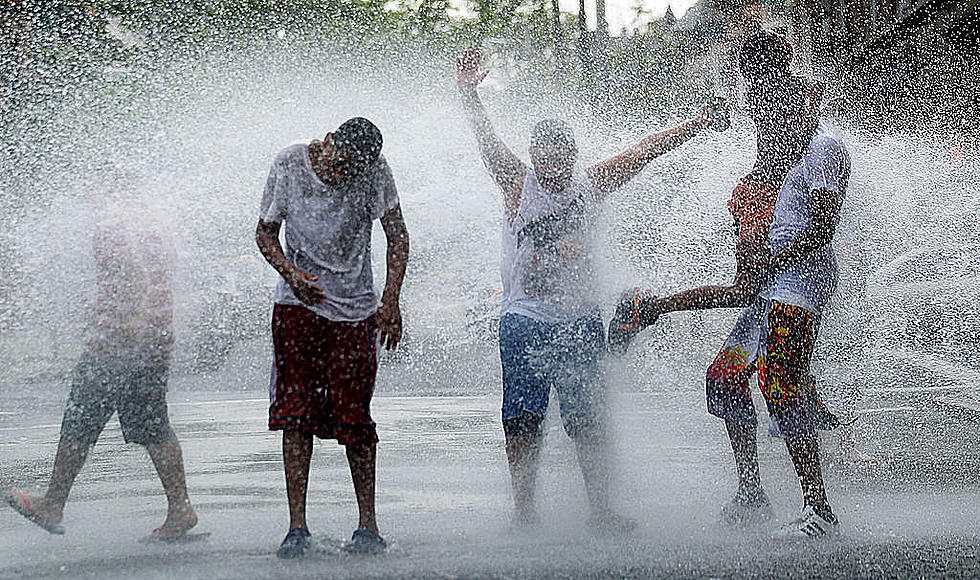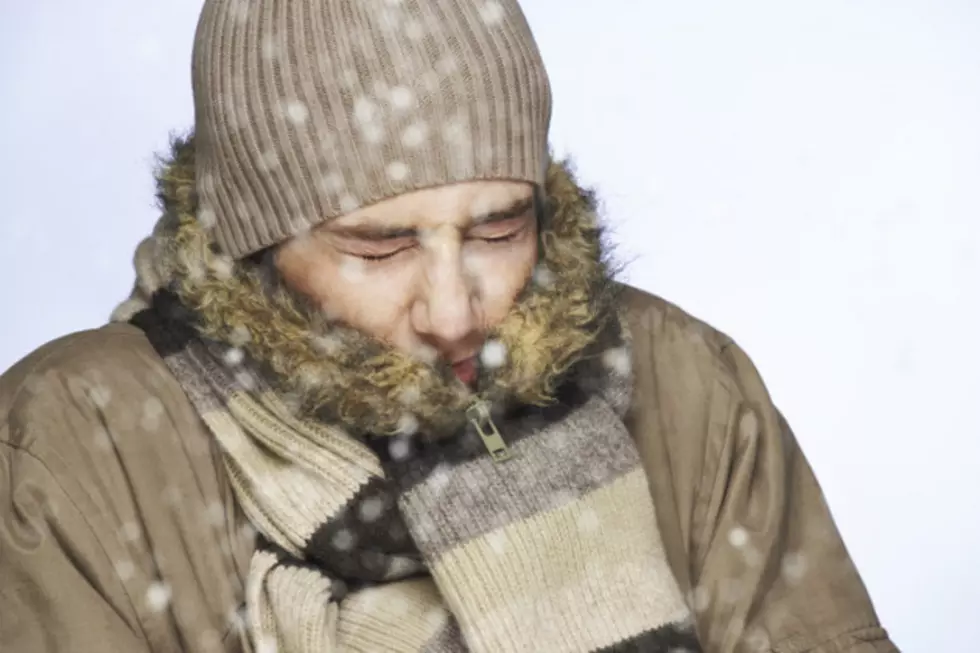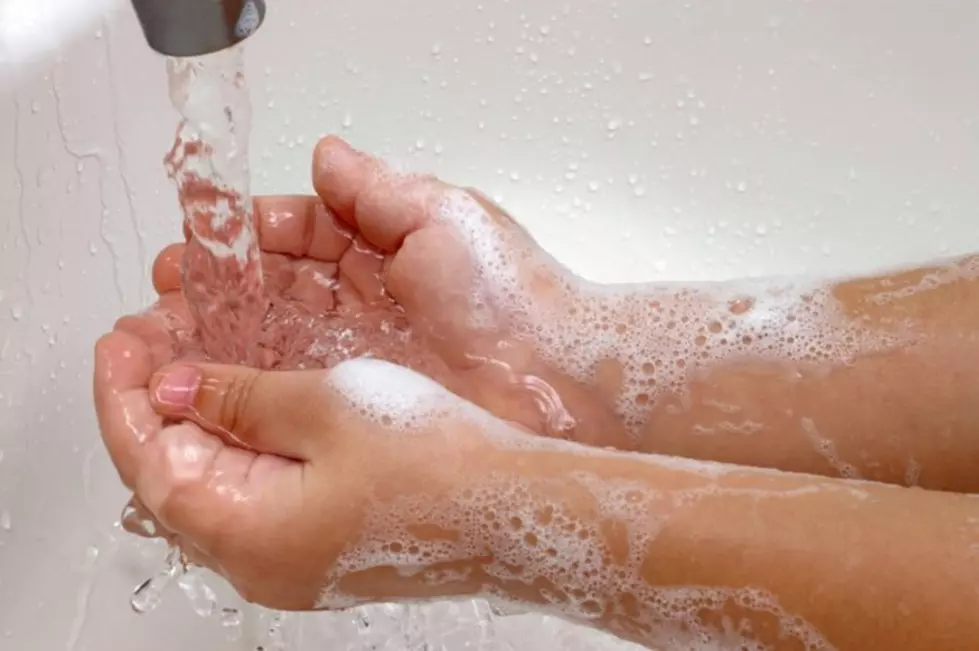
Health Department Gives Advice for When Temps are High
Summer often brings very high temperatures that may last for days or weeks. A heat wave can cause sever heat-related illness such as heat exhaustion and heat stroke. Very high body temperatures may damage the brain, other vital organs or cause death. The Genesee County Health Department (GCHD) is reminding everyone that prevention is the best defense against heat-related illnesses. By keeping cool you and your family lessen the risk of becoming a victim of heat-related illness.
The following tips are important for hot summer days:
- Stay hydrated. Drink plenty of fluids, especially during heavy exertion. During hot weather you should drink 8 to 10 glasses of fluid per day. Water is best. Avoid drinks with alcohol, which increase fluid loss.
- Wear appropriate clothing. Use a sunscreen with a sun protection factor (SPF) number of 15 or higher.
- Limit physical activities. Rest often. Plan outdoor activities early in the day or in the evening.
- Pace yourself. In a hot environment, it is safer to work slowly and gradually pick up your pace. When working in the heat, monitor the condition of your co-workers and have someone do the same for you. If you feel at all uncomfortable, STOP all activity, get into a cool area, or at least in the shade, and rest.
- Stay cool indoors. The most efficient way to beat the heat is to stay in an air-conditioned area. When the temperature is in the high 90s or higher, a fan will not prevent heat-related illness. A cool shower or a bath is a more effective way to cool off.
- Visit a mall, grocery store, department store, movie theatre, senior center or other air-conditioned facilities to cool off.
- Never leave children, the elderly, or pets unattended in a vehicle. Even with the windows rolled down, or just for a few minutes, the temperatures in the car can rise to dangerous levels. It is never OK to leave anyone in a vehicle in extreme heat.
Some people are at greater risk of suffering from a heat-related illness including infants and young children, people aged 65 years or older, people who have a mental illness and those who are physically ill, especially with a heart disease or high blood pressure. Those 65 years of age or older should have a friend or relative call to check on you twice a day during a heat wave. If you know anyone who is at a higher risk of a heat-related illness check on them regularly. Seek medical assistance if you or anyone is suffering from severe symptoms of a heat-related illness.
For more information about heat-related illnesses, see the GCHD website at www.gchd.us.
More From WFNT









